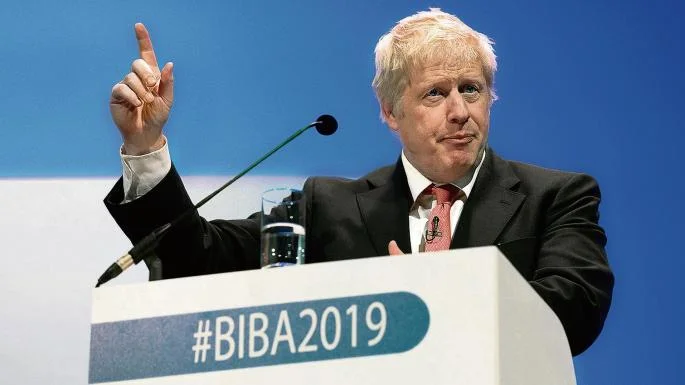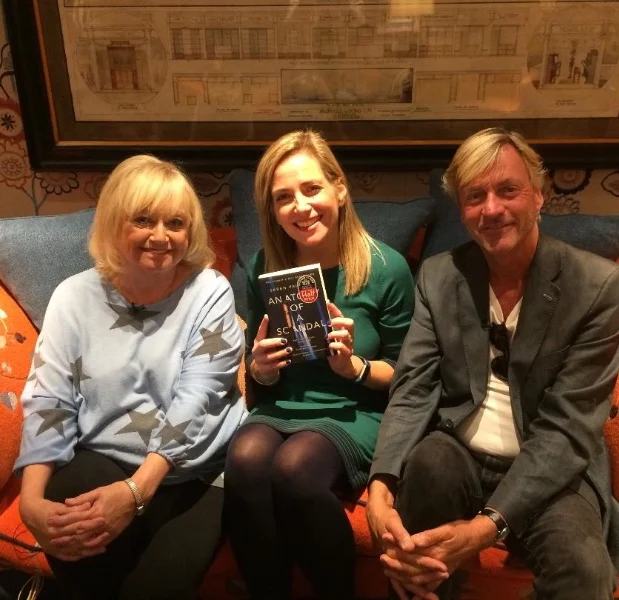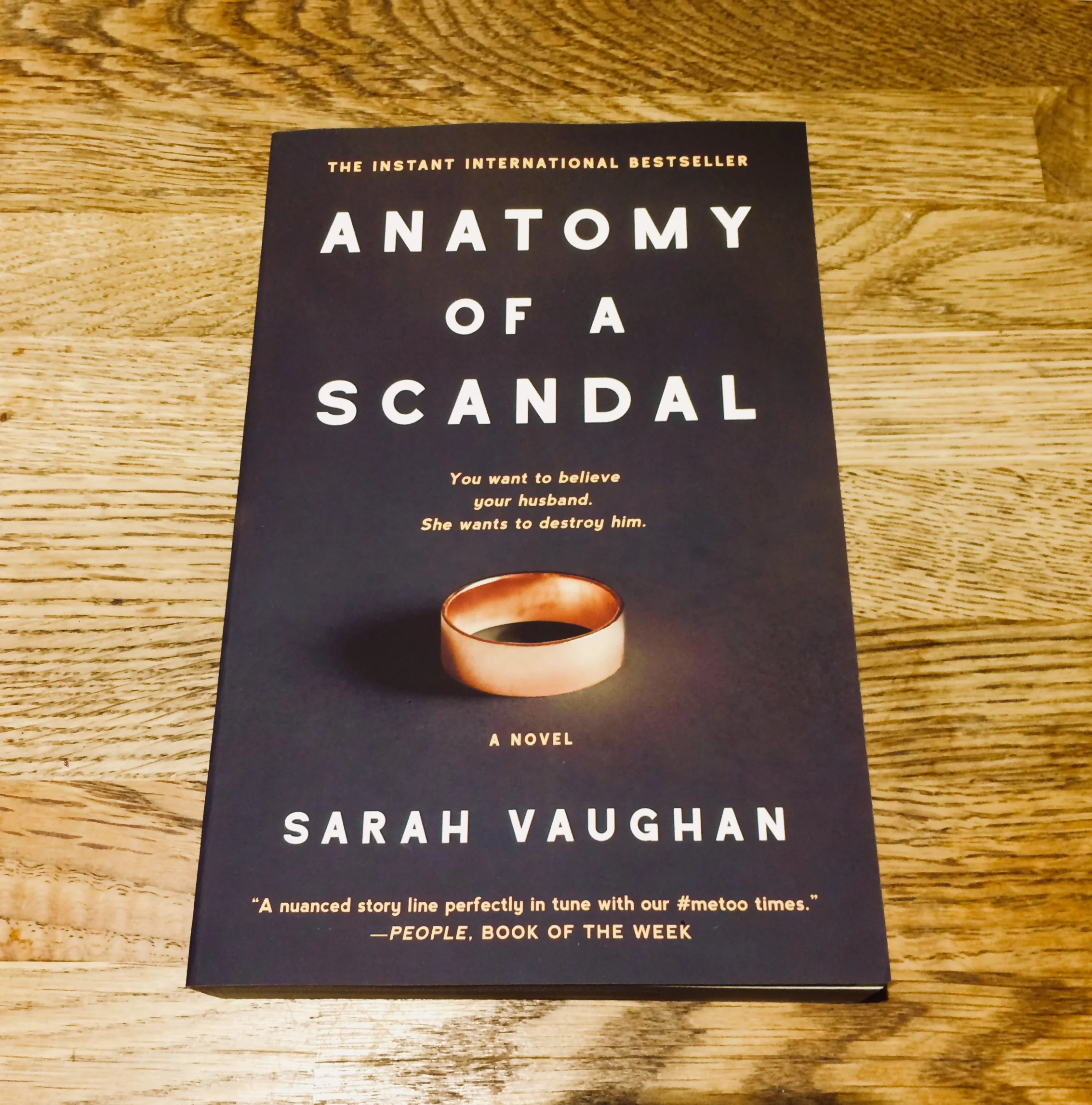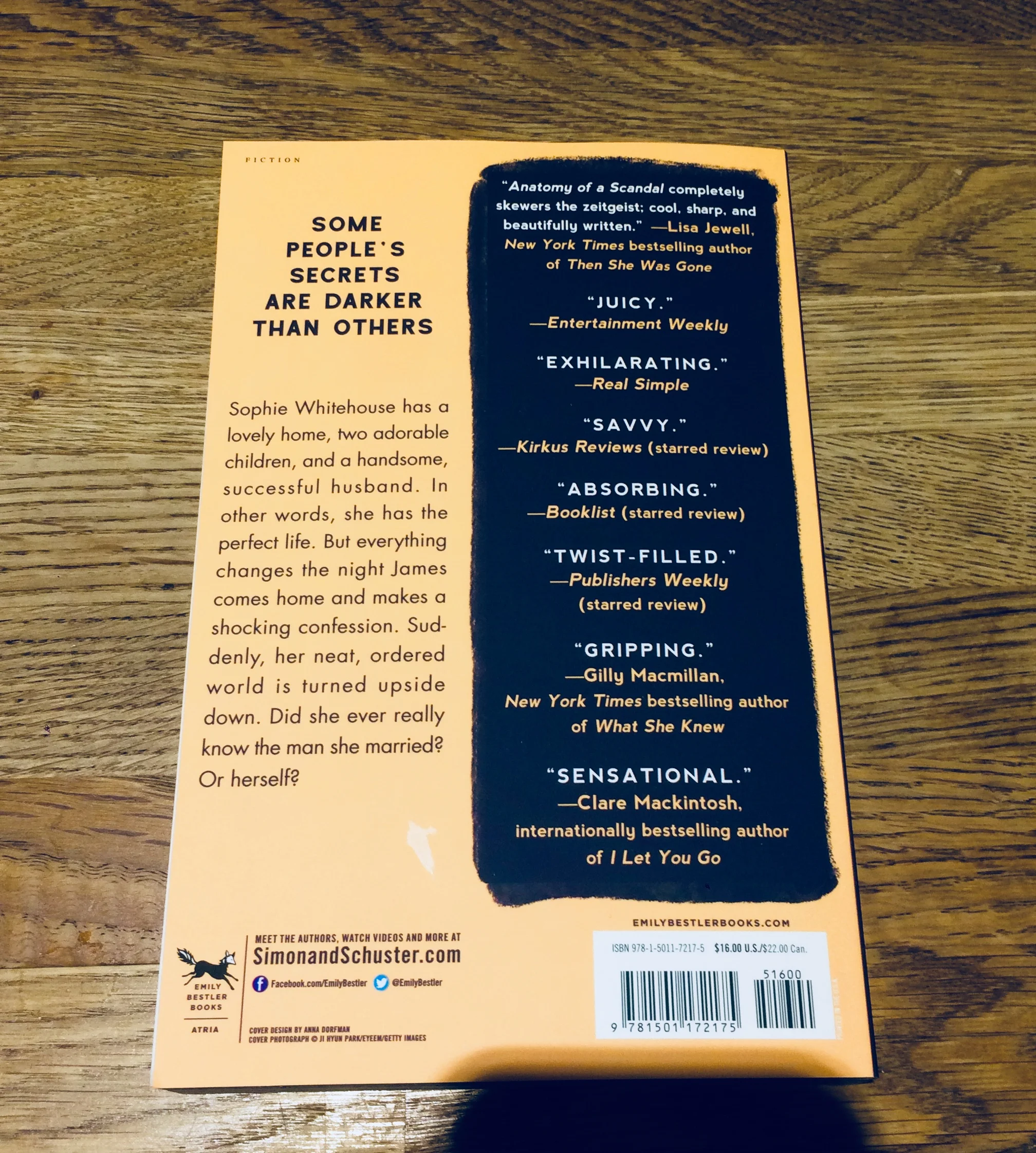Photo credit: REUTERS. Boris Johnson confirming his intention to stand as Conservative leader at a business meeting in Manchester last week. “Of course I’m going to go for it,” he said.
The voice down the end of the phone was rich and cajoling: the tone that of someone used to charming their way out of situations, either by appealing to your better nature or by playing the hapless buffoon.
“Deep background, deep background,” Boris Johnson chuntered. It was the day after he’d been sacked by the then Conservative leader Michael Howard for lying about his affair with the journalist Petronella Wyatt and the reason this had become such a huge story - other than it being of sex scandal involving an MP - was that Boris had dismissed it with characteristic élan a week earlier as “an inverted pyramid of piffle.”
I was the Guardian lobby correspondent working that November Sunday in 2004 and, with the News of the World threatening to reveal details of the affair and a subsequent abortion, I was tasked with tracking him down. To my surprise, he rang me back. Obviously this couldn’t come from him, he explained, hence his “deep background, deep background” - journalistic code for his comments being completely non-attributable. And there was a definite “all-chaps-together-because-we-work-in-journalism-let’s-not-stitch-me-up” air about our conversation. But yes, amid all the bumbling and the skirting, it was clear the story was true.
We didn’t stitch him up. We didn’t run a story about him confessing to this, partly because we wanted to throw the story forwards. (He’d been sacked as Tory vice-chair and shadow arts minister on the Saturday afternoon, and this story would appear on the Monday morning, after all.)
But the fact that he had lied about the affair and had thought he could get away with it for almost a whole week rankled. It sounds naïve but I think this was the first time I was aware of a public figure blatantly not telling the truth. Not in a semantic sleight of hand; a sly massaging of the figures.
But by telling a great big fib.
I wish I had a contemporaneous note of that conversation. I have searched my attic for the relevant notepad but after three house moves, and 14 years, I can’t find one. I never imagined ever relaying it: it goes against all journalist ethics to betray a source, even one who’s betrayed his wife countless times and, in spinning the erroneous £350m a week for the NHS claim, has betrayed the electorate. (To say nothing of his slapdash betrayal of Nazanin Zaghari-Ratliffe by conveying inaccurate information about why she was visiting Tehran.)
But the conversation stuck with me for over a decade, and was a key inspiration when I dreamed up the idea of a novel involving an Old Etonian and Oxford-educated minister. Not that Boris is in any way my fictitious James Whitehouse, a man accused of raping a parliamentary aide with whom he’s been having an affair, in a lift in the House of Commons. For one thing, James is an athletic, former Oxford rowing Blue who is conventionally handsome with his chiselled jaw, green eyes and six foot three rower’s frame. For another, for all his faults, I never thought the former foreign secretary abusive at all.
But in his relationship with the truth – crucial to the issue of consent at the heart of my novel - there are clear parallels.
As my narcissist James tells his wife: “I told the truth, near enough. Or the truth as I saw it.”
It’s a philosophy Boris Johnson, the favourite to become the next Conservative leader and prime minister and a man whose relaxed attitude to the truth has been copiously documented, could have spouted himself.






